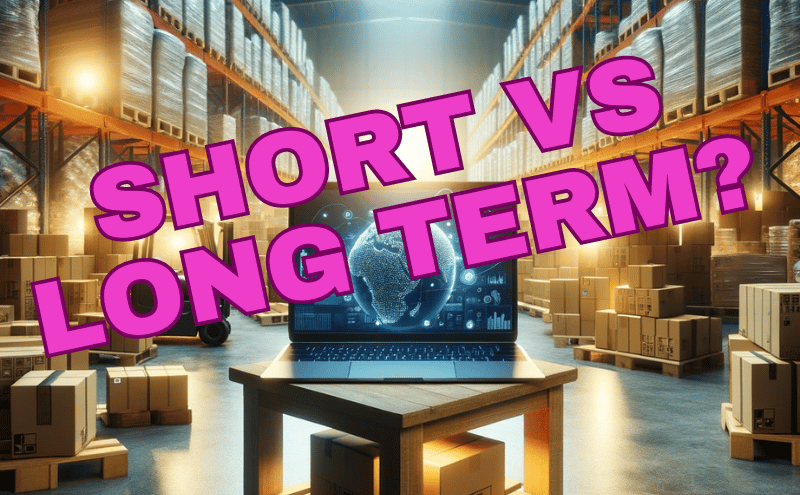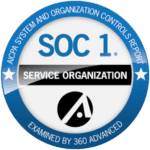Strategizing Success: Short Term and Long Term Goals in Supply Chain Management
It can be easy to confuse short term and long term goals in supply chain management, so let’s shed some light on it. Supply chain management (SCM) is a complex, multifaceted field that plays a crucial role in the success of businesses across industries. A well-orchestrated supply chain can lead to increased efficiency, cost reduction, and customer satisfaction. However, achieving this requires a careful balance of short-term and long-term goals. Let’s explore these goals in detail and understand how they contribute to a robust supply chain strategy.
Short-Term Goals in Supply Chain Management
Short-term goals in SCM typically focus on immediate operational efficiencies and resolving current challenges. These are often tactical in nature and are crucial for the day-to-day running of the supply chain.
-
Improving Efficiency: Streamlining processes to enhance the speed and accuracy of operations is a key short-term goal. This might involve optimizing routes for transportation, improving warehouse operations, or implementing better inventory management techniques.
-
Cost Reduction: Identifying and implementing ways to cut costs without compromising quality is always a priority. Short-term measures might include renegotiating contracts with suppliers, reducing waste, or finding more cost-effective transportation methods.
-
Quality Control: Ensuring the quality of goods throughout the supply chain is essential. This involves regular inspections, compliance checks, and working closely with suppliers to maintain standards.
-
Customer Satisfaction: Meeting customer demands in terms of product availability, timely delivery, and service quality is a critical short-term goal. This often requires excellent coordination and communication across the supply chain.
-
Crisis Management: Dealing with unexpected disruptions, like supply shortages or transportation delays, and finding immediate solutions to maintain the flow of goods.
Long-Term Goals in Supply Chain Management
Long-term goals in SCM are more strategic and are aimed at creating sustainable value and competitive advantage over time. These goals often require significant investment and a vision for the future.
-
Sustainability: Developing an environmentally and socially responsible supply chain is a key long-term goal. This includes implementing green logistics, reducing carbon footprint, and ensuring ethical labor practices.
-
Technology Integration: Investing in advanced technologies like AI, blockchain, and IoT to enhance visibility, efficiency, and security in the supply chain.
-
Risk Management and Resilience Building: Developing strategies to mitigate risks and increase the resilience of the supply chain against disruptions. This involves diversifying suppliers, investing in predictive analytics, and creating contingency plans.
-
Building Strong Relationships: Fostering long-term partnerships with suppliers and customers for mutual benefit. This might involve collaborative planning, joint investments, and shared risk management strategies.
-
Innovation and Continuous Improvement: Continuously seeking ways to innovate and improve supply chain processes. This can be through adopting new business models, exploring new markets, or investing in research and development.
Balancing Short-Term and Long-Term Goals
The key to successful supply chain management lies in balancing these short-term and long-term goals. While it’s crucial to keep the day-to-day operations running smoothly, it’s equally important to plan for the future and invest in sustainable practices and technologies.
Conclusion
In conclusion, effective supply chain management requires a strategic approach that balances immediate operational needs with long-term strategic goals. By focusing on both, businesses can ensure a more resilient, efficient, and competitive supply chain, capable of adapting to the ever-changing global market. As the world continues to evolve, the ability to balance these goals effectively will become increasingly crucial for businesses looking to thrive in the competitive landscape of the future.




